US and Chinese officials meet for trade talks in Beijing
A US trade delegation has met with senior Chinese officials for a second day in the capital Beijing, in an effort to resolve escalating trade tensions between the two countries.
The negotiations, led by Chinese Vice Premier Liu He and US Treasury Secretary Steve Mnuchin, are held to cover a wide range of complaints filed by the US about China's trade practices, including accusations of forced technology transfers and state subsidies for technology development.
US President Donald Trump triggered a trade dispute in April by imposing heavy tariffs on imported steel and aluminum over what he called China's overproduction that hurts US steelmakers. He announced tariffs of 25 percent on steel and 10 percent on aluminum.
Trump has also threatened to levy a further $100 billion of tariffs against China. These would be in addition to the $50 billion of tariffs already proposed on hundreds of Chinese imports.
Beijing has responded by proposing tariffs worth some $50 billion on key US products, including soybeans, cars, and small aircraft.
US trade delegation is now in China to “negotiate a level playing field on trade,” Trump said in a Twitter post on Thursday. “I look forward to being with President Xi in the not too distant future. We will always have a good (great) relationship!"

No comment has yet been made on the Beijing trade talks between the two sides.
The US treasury secretary told reporters on Friday that they “are having very good conversations." China has so far given no comment.
China to 'stand up to US bullying'
The official China Daily newspaper wrote about the meeting in a Friday editorial that "fingers would be crossed" around the world that a deal could be stuck because "failure would herald a slug fest of tariffs that would leave global trade reeling.”

It also wrote that it would be difficult for the two sides to “walk away happy."
“The US wants greater access to China's market, but it should not use trade actions as a battering ram to force China to open its doors,” said the English-language newspaper. “It is already in the process of opening them wider.”
It also said Beijing expected Washington to open its market to Chinese investment and competition, warning that Beijing would "stand up to the US bullying as necessary."
Another Chinese daily, Global Times, wrote in a commentary that that arrival of the American trade delegation indicated that Washington has "taken a step towards avoiding a massive trade war."
“Since both sides have their bottom lines to keep, it may be hard to reach a deal, but it is good to start somewhere,” said the newspaper.
Throughout his 2016 presidential election campaign, Trump consistently threatened to impose a 45 percent across-the-board tariff on Chinese goods as a way to level the playing field for American workers. He was also accusing China of manipulating its currency to gain an export advantage.
‘Trade protectionism on the rise’
Meanwhile, finance ministers and central bank governors of China, Japan and South Korea warned of the risks of "all forms of protectionism.”
The finance leaders, who met on the sideline of the 51st annual meeting of the Asian Development Bank (ADB) in the Philippine capital, Manila, agreed to ensure "an open and run-based multilateral trade and investment system."
In a joint statement issued at the end of the meeting, the leaders said they "remain vigilant against downside risks that may threaten the recovery in the global economy."
UN: Israeli ground offensive in Rafah would be 'tragedy beyond words'
VIDEO | University students in Lebanon hold pro-Palestine demos
VIDEO | Crackdown on pro-Palestine students
VIDEO | Press TV's news headlines
UN chief calls for independent probe into Gaza mass graves
Russia slams US hypocrisy in ICC probe of Israel, arrest warrant for Putin
VIDEO | Police dismantle migrant camp near Paris city hall
ICJ rejects emergency measures over German arms exports to Israel


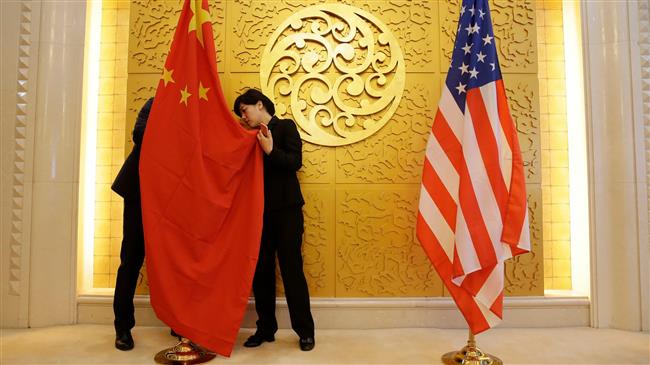
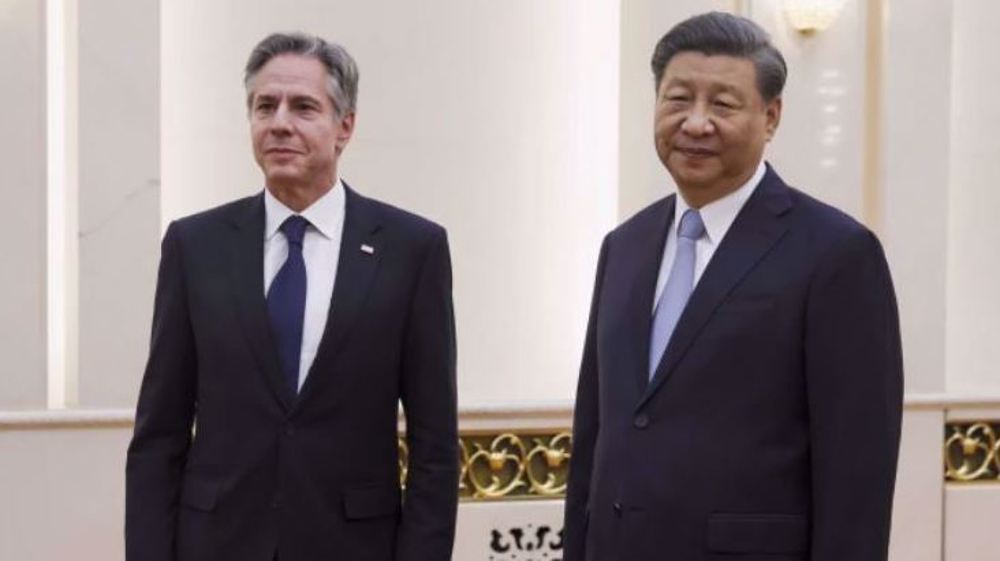

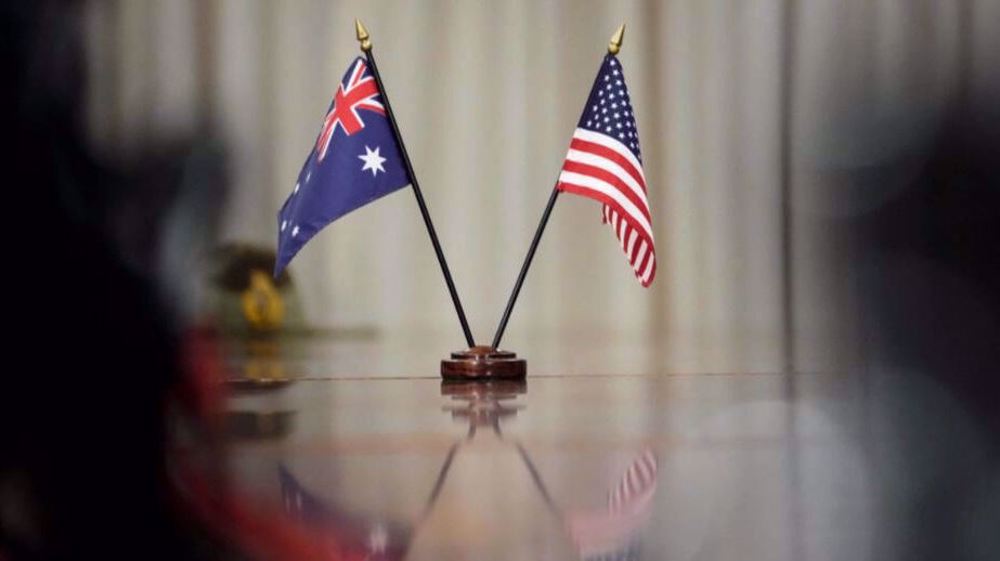



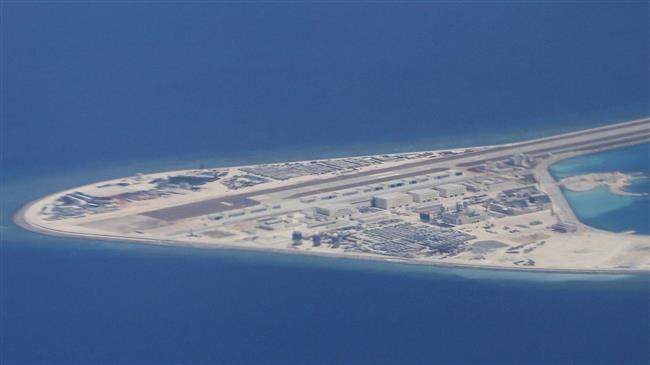
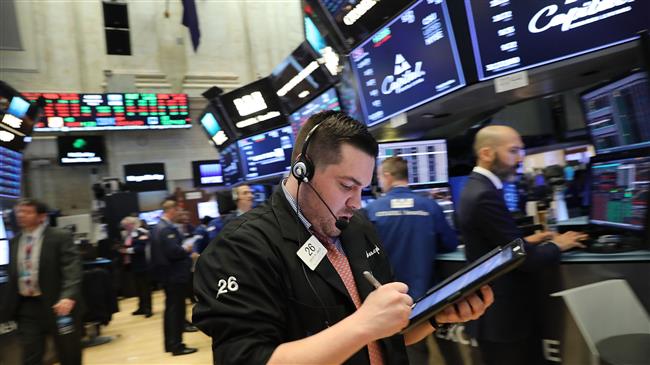
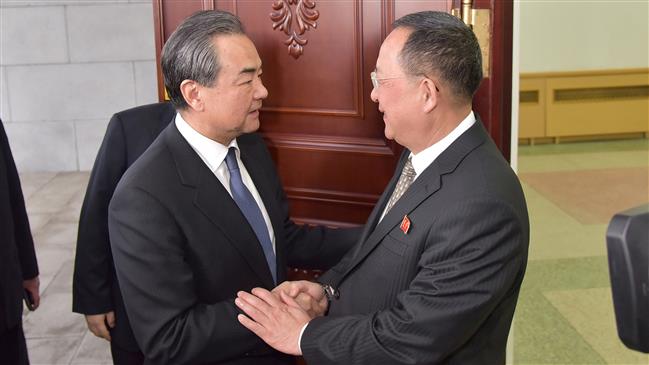

 This makes it easy to access the Press TV website
This makes it easy to access the Press TV website